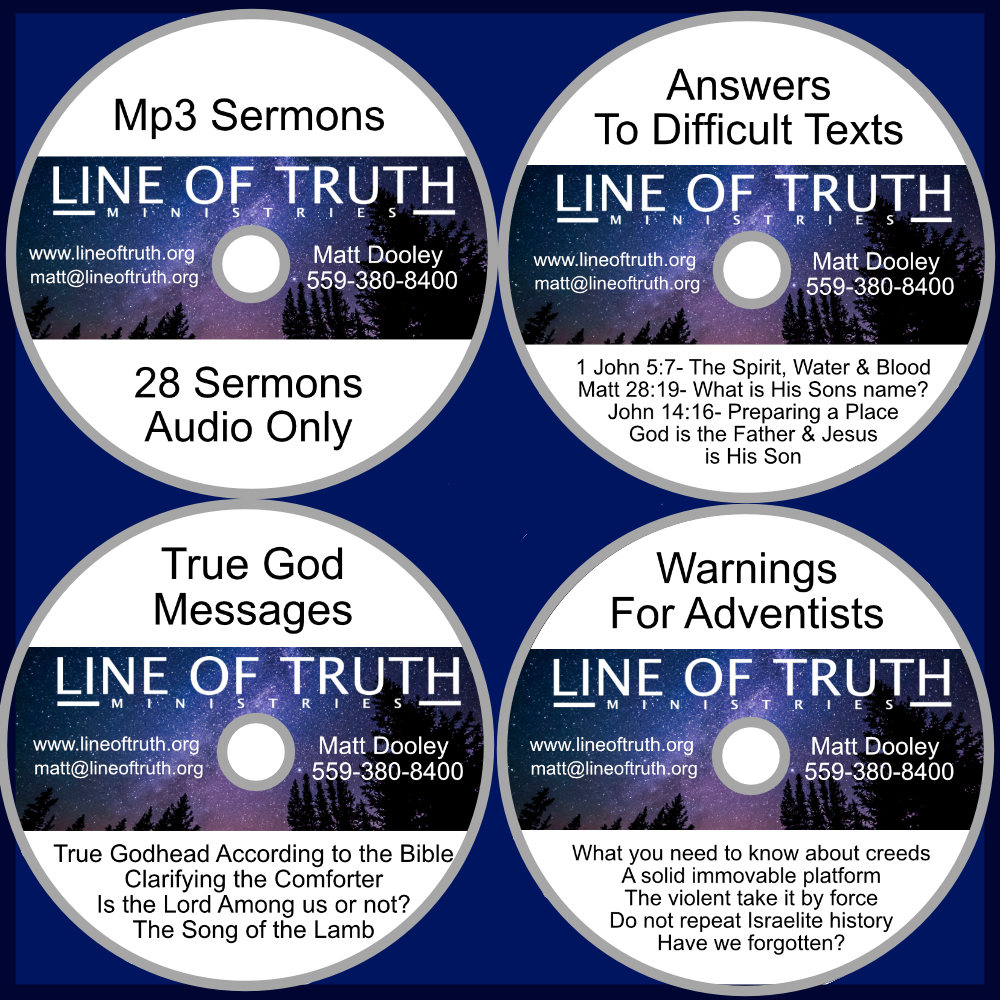NO CHURCH MANUAL
By George I. Butler
(Review and Herald, 27th November 1883)
THE writer was requested by the recent General Conference to make a brief statement through the REVIEW of the action taken in reference to the proposed Church Manual. For four or five years past, there has been with some of our brethren a desire to have some manual of directions for the use of young ministers and church officers, etc. It was thought that this would lead to uniformity in all parts of the field, and afford means of instruction to those who were inexperienced, and be very convenient in many respects. Steps were taken several years ago to prepare a manual, but for a time it was left unfinished. Last year, at the Rome Conference, the matter came up for consideration, and three brethren were appointed a committee to prepare a manual, and submit it to the Conference this year for its approval or rejection. During the past summer the matter they have prepared has appeared in the REVIEW, and has doubtless been well considered by its readers.
At the recent Conference a committee of thirteen leading brethren were appointed to consider the whole subject, and report. They did so, and unanimously recommended to the Conference that it was not advisable to have a church manual. Their reasons were briefly given in the report of Conference proceedings given in last week’s REVIEW. The Conference acted upon this recommendation, and quite unanimously decided against having any manual. In doing so, they did not intend any disrespect to the worthy brethren who had labored diligently to prepare such a work. They had presented much excellent matter, and given many valuable directions concerning church ordinances, holding business meetings, and many other important questions, and had done as well, no doubt, as any others would have done in their place. The reasons underlying this action of the Conference were of a broader character. They relate to the desirability of any manual whatever.
The Bible contains our creed and discipline. It thoroughly furnishes the man of God unto all good works. What it has not revealed relative to church organization and management, the duties of officers and ministers, and kindred subjects, should not be strictly defined and drawn out into minute specifications for the sake of uniformity, but rather be left to individual judgment under the guidance of the Holy Spirit. Had it been best to have a book of directions of this sort, the Spirit would doubtless have gone further, and left one on record with the stamp of inspiration upon it. Man cannot safely supplement this matter with his weak judgment. All attempts to do it in the past have proved lamentable failures. A variation of circumstances requires variation in action. God requires us to study important principles which he reveals in his word, but the minutiae in carrying them out he leaves to individual judgment, promising heavenly wisdom in times of need. His ministers are constantly placed where they must feel their helplessness, and their need of seeking God for light, rather than to go to any church manual for specific directions, placed therein by other uninspired men. Minute, specific directions tend to weakness, rather than power. They lead to dependence rather than self-reliance. Better make some mistakes and learn profitable lessons thereby, than to have our way all marked out for us by others, and the judgment have but a small field in which to reason and consider.
While brethren who have favored a manual have ever contended that such a work was not to be anything like a creed or a discipline, or to have authority to settle disputed points, but was only to be considered as a book containing hints for the help of those of little experience, yet it must be evident that such a work, issued under the auspices of the General Conference, would at once carry with it much weight of authority, and would be consulted by most of our younger ministers. It would gradually shape and mold the whole body; and those who did not follow it would be considered out of harmony with established principles of church order. And, really, is this not the object of the manual? And what would be the use of one if not to accomplish such a result? But would this result, on the whole, be a benefit? Would our ministers be broader, more original, more self-reliant men? Could they be better depended on in great emergencies? Would their spiritual experiences likely be deeper and their judgment more reliable? We think the tendency all the other way.
The religious movement in which we are engaged has the same influences to meet which all genuine reformations have had to cope with. After, reaching a certain magnitude, they have seen the need of uniformity, and to attain to it they have tried to prepare directions to guide the inexperienced. These have grown in number and authority till, accepted by all, they really become authoritative. There seems to be no logical stopping-place, when once started upon this road, till this result is reached. Their history is before us; we have no desire to follow it. Hence we stop without a church manual before we get started. Our brethren who have favored such a work, we presume never anticipated such a conclusion as we have indicated. Very likely those in other denominations did not at first. The Conference thought best not to give even the appearance of such a thing.
Thus far we have got along well with our simple organization without a manual. Union prevails throughout the body. The difficulties before us, so far as organization is concerned, are far less than those we have had in the past. We have preserved simplicity, and have prospered in so doing. It is best to let well enough alone. For these and other reasons, the church manual was rejected. It is probable it will never be brought forward again. GEO. I. BUTLER.









Recent Comments